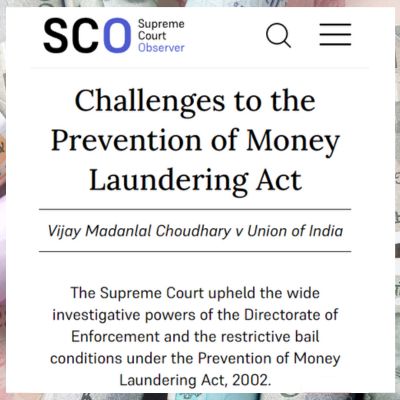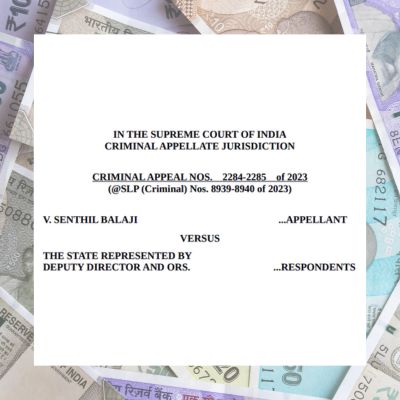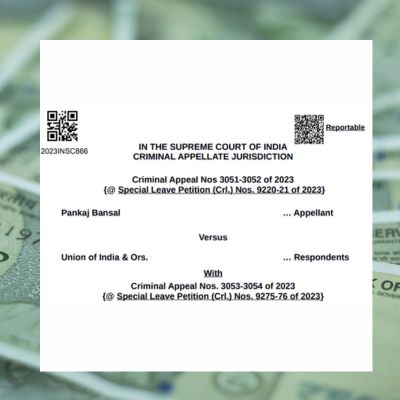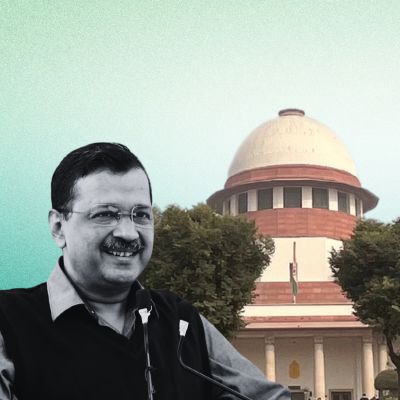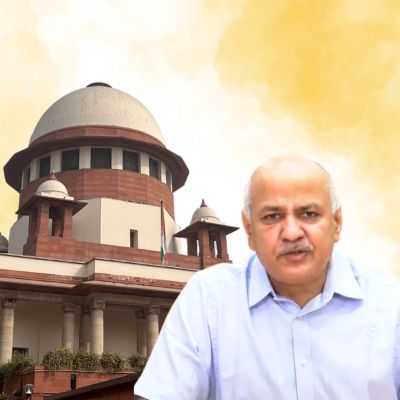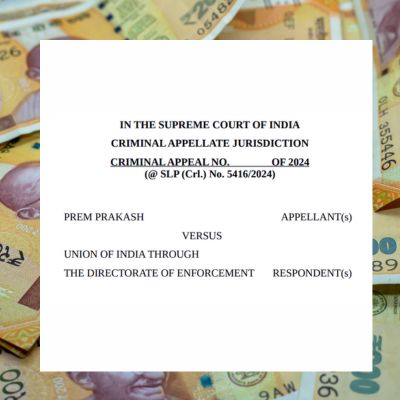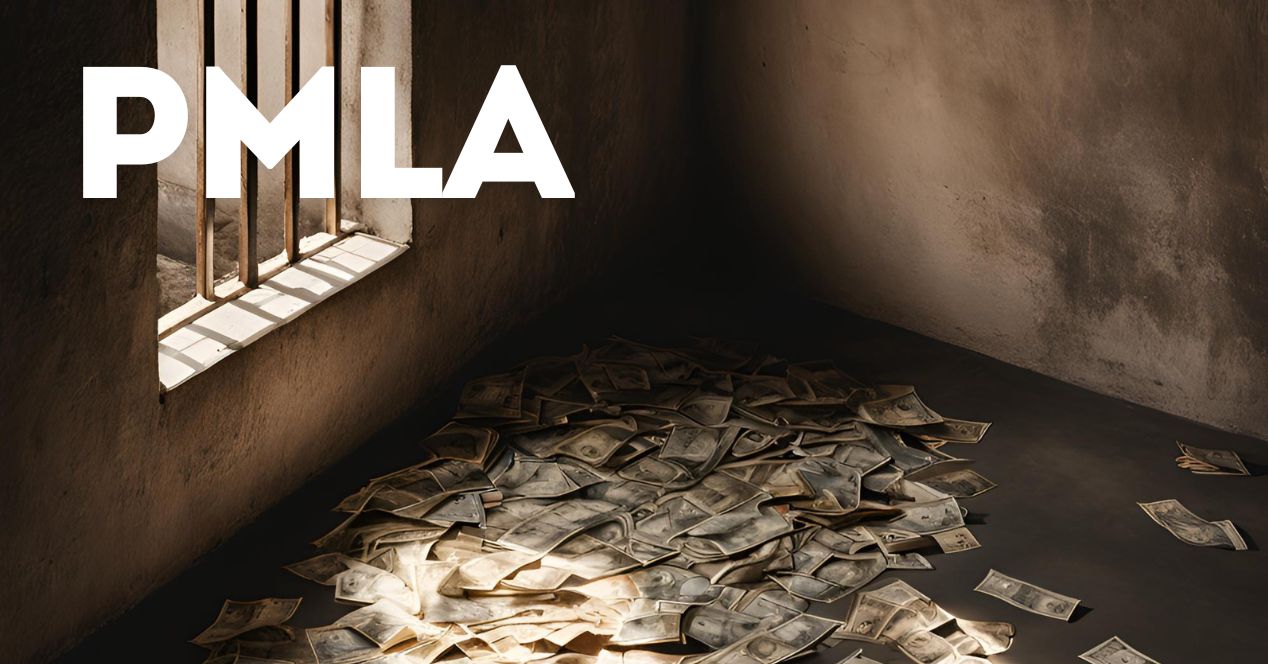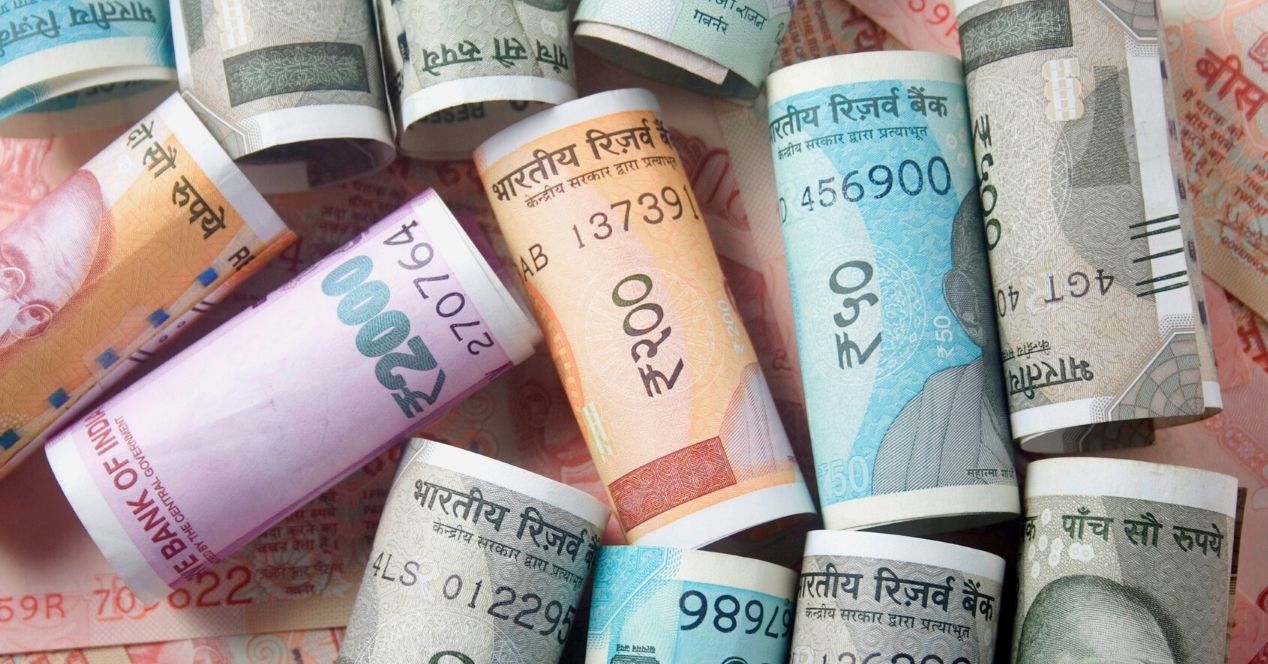Analysis
PMLA and the Supreme Court: A Timeline from Vijay Madanlal
SCO tracks how the Supreme Court may have brought incremental relaxations to the Prevention of Money Laundering Act since 2022
27 July 2022
Vijay Madanlal Choudhary v Union of India
A Division Bench led by Justice A.M. Khanwilkar, held that the language of Prevention of Money Laundering Act, 2002, endorses “stringent” bail conditions. The Court noted that special enactments like PMLA were needed since crimes like money laundering have “[a] transnational impact on the financial systems including sovereignty and integrity of the countries” and are “an aggravated form of crime”. The Court recalled that other legislations, such as the Terrorist and Disruptive Activities (Prevention) Act, 1987, and the Maharashtra Control of Organised Crime Act, 1999, also have bail conditions similar to the PMLA. It clarified that while deciding bail under PMLA, courts were not required to “weigh the evidence meticulously but to arrive at a finding on the basis of broad probabilities.” While the bail conditions restricted the right to bail, they did not “impose absolute restraint on the grant of bail,” so the conditions were still reasonable, the Court noted.
7 August 2023
V. Senthil Balaji v. State
A Division Bench of Justices A.S. Bopanna and M.M. Sundresh ruled that arrests made by the Enforcement Directorate under the PMLA must comply with Section 19 of the Act. Section 19 requires that prior to arrest, the authorised officer must form reasons (and record in writing) why the accused is guilty under the PMLA. Further, the accused must be ‘served’ information on the grounds of arrest. In the Court’s opinion, not complying with Section 19 “would vitiate the very arrest itself.” The Court also clarified that non-compliance of the requirements under Section 19 would lead to punishment of the officer under Section 62 of the PMLA. Section 62 states that if detains, searches or arrests are undertaken without ‘reasons recorded in writing’, the officer may be sentenced to two years of imprisonment.
3 October 2023
Pankaj Bansal v. Union of India
A Division Bench of Justices A.S. Bopanna and Sanjay Kumar reiterated that it is necessary to provide written grounds of arrest to the accused under PMLA, since it allows the accused to seek legal counsel and “present a case before the Court […] to seek release on bail.” The Court reasoned that if, instead of being written, the grounds were only dictated verbally to the accused, they would face difficulty in remembering and availing legal remedy. The Court stated that if written grounds of arrest are not provided, the accused is warranted to be released from custody.
12 July 2024
Arvind Kejriwal v Directorate of Enforcement
A Division Bench of Justices Sanjiv Khanna and Dipankar Datta granted interim bail to Arvind Kejriwal in a PMLA case, but left open the question of the legality of his arrest, as the Court referred to a larger bench the questions of whether an arrest by the ED could be challenged solely by a lack of “need and necessity” for it, and whether or not it was proved through case facts. The Court hinged its decision to grant bail under PMLA on the length of time that Kejriwal had spent behind bars (ninety days), reasoning that the “right to life and liberty is sacrosanct.”
9 August 2024
Manish Sisodia v Directorate of Enforcement
A Division Bench of Justices B.R. Gavai and K.V. Viswanathan granted bail to former Deputy Chief Minister of Delhi Manish Sisodia in the PMLA proceedings for the Delhi liquor policy case. Sisodia was arrested in February 2023, and subsequently held in jail for seventeen months. In October 2023, the Supreme Court had expressed concern about Sisodia’s “prolonged period of incarceration.” Nine months later, and with no trial on the horizon, the Court was inclined to grant bail. It noted that delay and prolonged period of incarceration should be accounted for while considering bail under Section 45 of PMLA. The Court further observed that the trial court and High Court should have given due weightage to the fact that incarceration for “unlimited time” would deny Sisodia’s fundamental right. In this context, it observed, “bail is the rule and jail an exception.”
28 August 2024
Prem Prakash v Union of India
A Division Bench of Justices Gavai and Viswanathan granted bail to Prem Prakash, an aide to Jharkhand Chief Minister Hemant Soren, in a PMLA case. The Court recalled its decision granting bail to Sisodia earlier that month, in which it had stated that “bail is the rule, jail is the exception.” It noted that the principle that “bail is the rule” applies to PMLA cases also. It explained that the protection of Article 21 of the Constitution (which recognises the right to life and personal liberty) was an additional condition upon the pre-existing bail conditions of PMLA.

